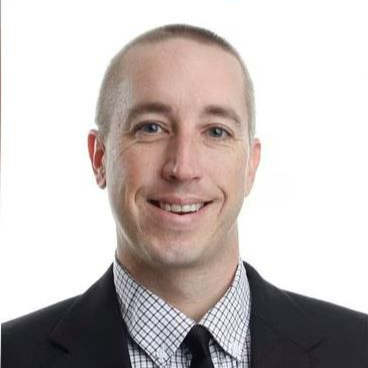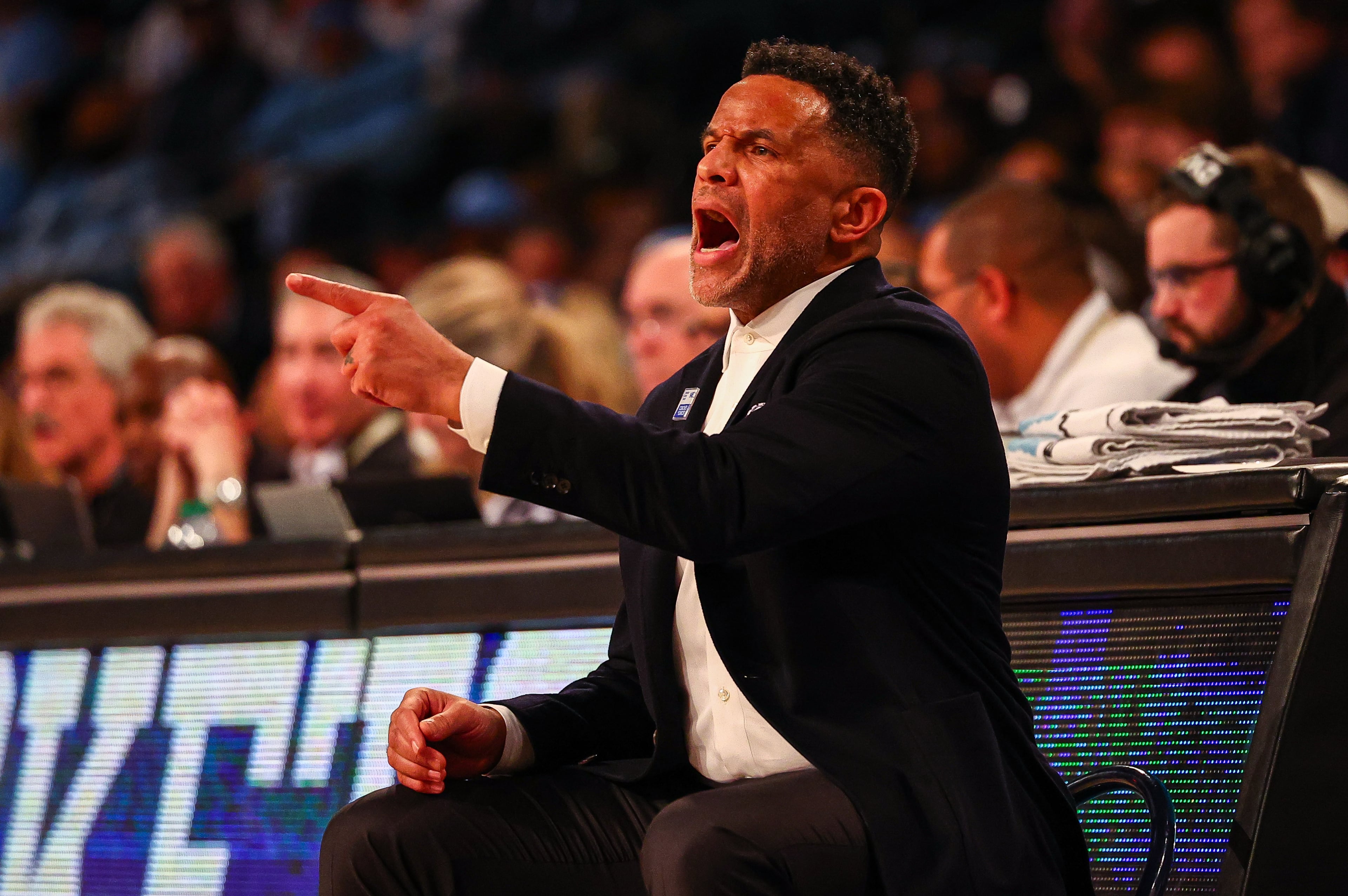Q&A with new Georgia Tech AD: How we plan to ‘punch above our weight class’

Ryan Alpert has been in the Georgia Tech athletic director’s office once before.
Alpert admits he doesn’t quite remember the exact date — sometime in the 2000s — when Alpert and his father were invited to campus by former Tech AD Dan Radakovich. Alpert’s father, Geoffrey Alpert, and Radakovich had become friends in the early 1980s when Geoffrey Alpert was a professor at Miami and Radakovich worked in the Miami athletics ticket office.
Ryan Alpert was formally introduced Wednesday as Tech’s new athletic director, taking the position once held by Radakovich, now the AD at Miami and still a close friend to the Alpert family.
“Symbolic to have the opportunity to sit in the same position as (Radakovich),” Alpert said.
Alpert sat down with The Atlanta Journal-Constitution on Tuesday to discuss his new role. The South Carolina graduate is a first-time AD now tasked with keeping the Yellow Jackets competitive across the board in all sports, while simultaneously assuring the stream of cash doesn’t run dry in an era of college athletics that has placed greater importance on financial security.
Coming from Tennessee, where he was the senior deputy athletics director and chief revenue officer, Alpert said he and his wife wanted to stay in the Southeast if the opportunity arose for him to become an AD. He was contacted by Parker Executive Search and Tech president Ángel Cabrera in late June and offered the job earlier this month.
In conversations with Cabrera, Alpert said he knew Tech was the right choice for his career path.
“Alignment from an institutional level is really important to me,” Alpert said. “I knew what Dr. Cabrera was about, and I could see that from afar and the evolution of where Georgia Tech was and where it is today and where we can go.
Below are Alpert’s answers to questions that dig into his vision for Tech.
Q: Why did you feel the time was right to make the leap to AD, and why was Tech the right fit for you?
“For me personally, I’ve been working in this career to become an athletic director. It’s been my goal as I set out in this career to ultimately become — I don’t love the term — ‘to the chair,’ but that’s the goal. We made some moves in my career, were really intentional about trying to gain experience, work on both sides, both externally — most of my pathway has been on the external revenue generation side. But had the opportunity to work on the internal side, be the chief operating officer at Tennessee and got to manage the budget and facilities and a lot of different aspects of the full spectrum of the department. With that, I thought it prepared me to really have an opportunity.
“But then you also have to evaluate. I’ve been recruited to other jobs before. But when you sat in the room and listened to the search committee and listened to them talk about the institution and its values, that aligns with my values. ... I think at Georgia Tech you have this world-class academic institution, and I think we’re building something similar on the athletic side.”
Q: Atlanta is a saturated sports market — how can you make sure Tech athletics stays relevant, and thrives, in that landscape?
“From an entertainment value, we have to make sure that our entertainment value is on par with our peers. There’s a consumer dollar. If you take your family of four somewhere, if you go to a Georgia Tech game — whether it’s football, basketball, baseball — the entertainment value has to be there. Fan experience is really important to me. Branding is really important, and how you see your brand through fan experience is a critical component to success.”
A lot of focus in the new revenue-sharing era is on revenue-generating sports, but how do you make sure some of Tech’s nonrevenue and Olympic sports don’t fall by the wayside?
“It’s really important from an athletic director standpoint and in the ACC, representing Georgia Tech at the table, the comprehensive sports portfolio is important. Just like a comprehensive academic portfolio is important, I think we need opportunity. I think that’s healthy and really a great part of the college landscape. If we didn’t have volleyball on a Tuesday night and that energy that it brings to a college campus, or whatever sport is being played, I think it’s important as part of a fabric of college sports. I will fight for that.”
Q: How will you evaluate coaches?
“I gotta listen and learn. It’s important for me to have a great grasp of what brought them there and what they think makes their sport able to compete at the highest level here. We’re always gonna punch above our weight class. I think Georgia Tech has always had a little bit of a blue-collar mentality. We’re gonna outwork you, we’re gonna out-tough you, but at the same time we have to be realistic. If we fund you last in the league, I can’t expect you to go win a conference championship, right? I think there has to be a conversation of realistic expectations but also continued investment.
“I’m a grow the pie guy. I’m not here to come in here and cut. Obviously some of that may have to happen over time, but the first way we’re gonna talk about solving solutions is grow the pie. I’m really big about finding investments in success. Talk to me about your sport — what’s really important, what’s critically important and how can we reinvest? Are there things that you’re doing now that you could stop doing to reinvest in that opportunity? If not, how can we grow the pie and help find competitive advantages.”
Q: Before agreeing to become Tech’s next AD, who did you lean on in evaluating that decision?
“Certainly leaned on Danny (Tennessee athletic director Danny White). He’s been a mentor of mine for a long, long time. I value his feedback. Talked to J (former Tech AD J Batt) as well.
“I’ve got great friends and mentors in the business. Worked for (West Virginia AD) Wren Baker for a long time. (Florida Atlantic AD) Brian White. Then people outside the business: CEOs for different companies we’ve worked with in the past, particularly when you talk about, ‘How did you transition?’ What are some lessons learned? I don’t care what business you’re in. If you’re in college sports or not, what things did you do to build culture? What things did you do as you engaged with staff? What would you do different? In this business, you borrow and utilize ideas, but you gotta make it and shape it to Georgia Tech.”



